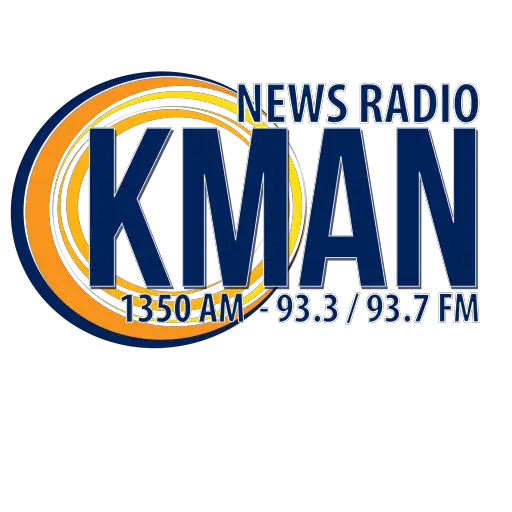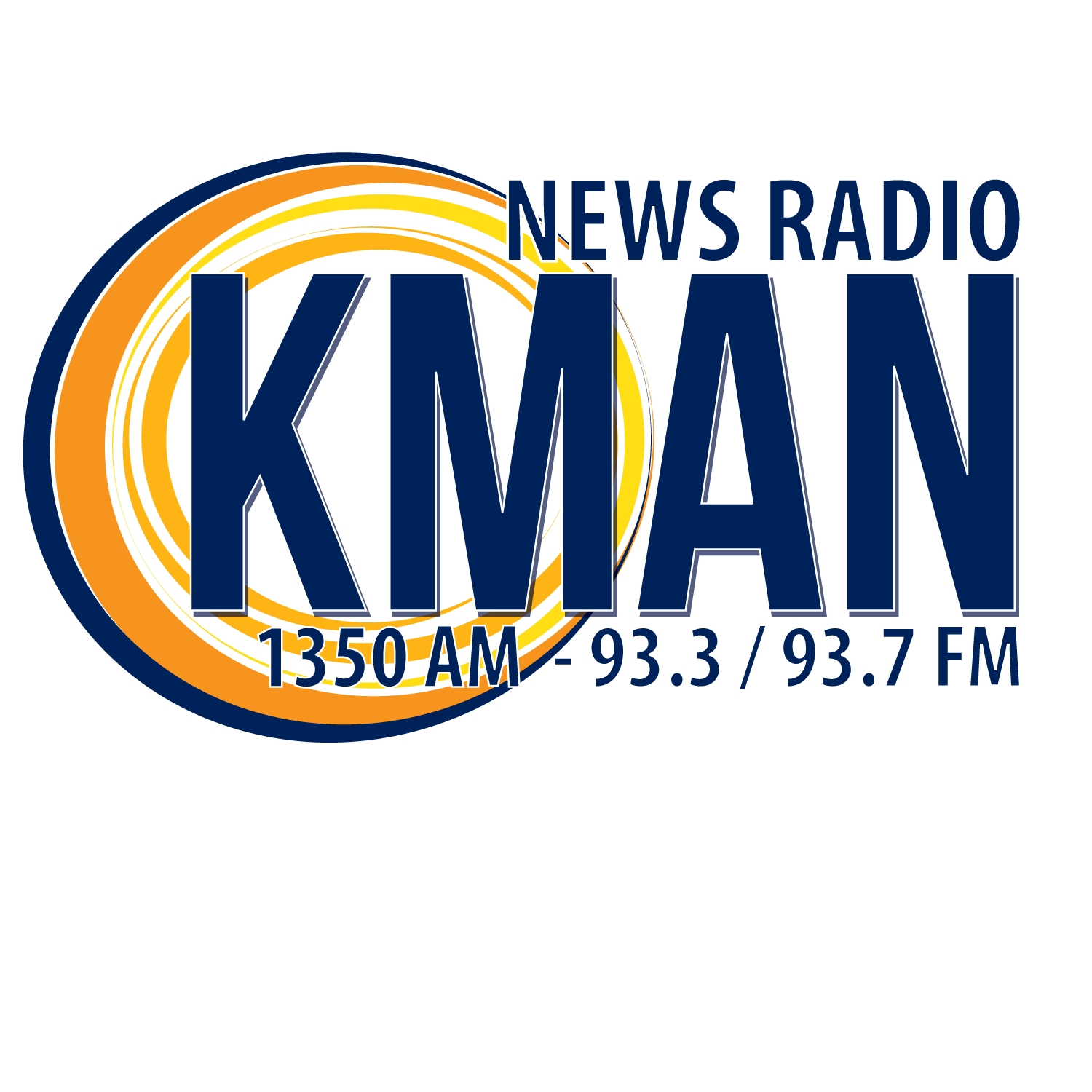Gov. Laura Kelly and Senate Majority Leader Jim Denning Thursday in Topeka announced a bipartisan agreement to expand Medicaid in the state.
The proposal, according to Kelly, is comprised of elements of her 2019 plan as well as Republican expansion plans in the House and Senate. Under the deal, those earning up to 138 percent of the federal poverty level will be eligible for coverage — which past estimates claim would extend health care availability to 150,000 Kansans. Currently, those earning under 38 percent of the federal poverty level are eligible. If passed, expansion goes into effect January 2021.
“Many, many Democrats and Republican held this bill together to get to yes,” says Denning, noting that he and Kelly had worked for 60 days behind the scenes to come to the compromise. “In the spirit of compromise and governing, we have a really good complete plan for Kansas.”
Kelly calls the plan “thrifty” and “affordable,” saying it will use the systems and resources already in place. There are no plans to raise taxes to cover the expansion, instead drawing funds from a $35 million hospital surcharge endorsed by the Kansas Hospital Association. Enrollees in the expansion population will pay a monthly $25 premium ($100 for a family of four), though a hardship provision is included.
“Kansas will not repeat the mistakes made in other states where expansion plans were loaded up with bureaucratic red tape, expensive and administrative barriers, and hundreds of millions of dollars of wasted taxpayer money,” says Kelly.
Other provisions in the plan include a work referral program — similar to Montana — for Medicaid recipients with job and training opportunities, a way out if the federal government stops their 90 percent match, a reinsurance program to reduce premiums, and the creation of a KDHE advisory committee to work with rural hospitals in identifying new models of healthcare delivery and assessing their viablity as well as seek reforms to improve rural community health.
Ascension Via Christi CEO Don King in a release said the expansion will improve medical access to residents while supporting health care providers as well.
“Across Ascension’s markets we know that expanded Medicaid has enhanced access to coverage and care, resulted in more appropriate utilization of services, and has created financial security among the poor and vulnerable.”
Denning says the senate bill on the issue has 22 co-sponsors — 11 Democrats and 11 Republican — one more than the 21 votes required to pass a bill in the legislative body. Even so, he and Kelly acknowledge that there is still work to be done getting it through the legislature.
“We’ll both be working with our respective caucuses in the coming days to get their feedback and buy-in,” says Denning. “But all sides can find something in this bill to like. That means it’s probably about as middle of the road as it can get.”
“We really need to think of this as a half-time pep talk,” Kelly said.
The governor says she is optimistic the legislation will reach her desk in 2020, and looked to lawmakers to move the bill forward.
“Legislators, many of whom were here today, have the ability to bring this over the finish line in the early days of the 2020 session,” says Kelly.
“I am calling on them to do just that.”



